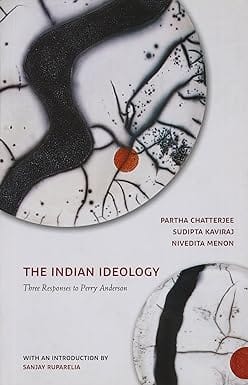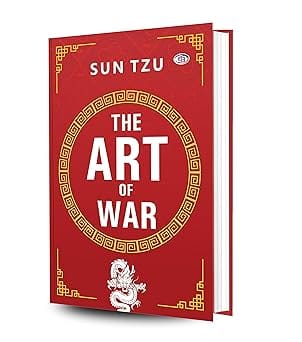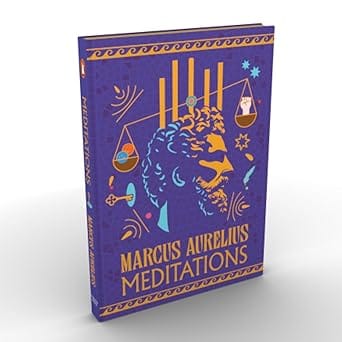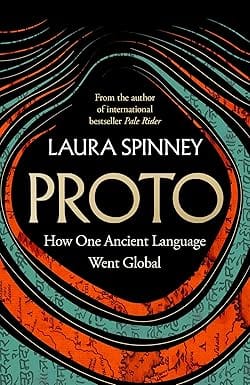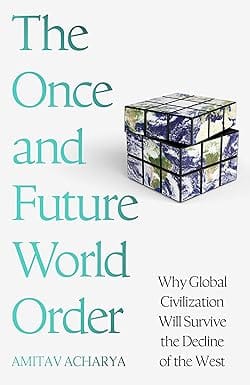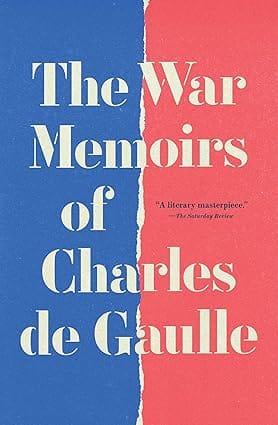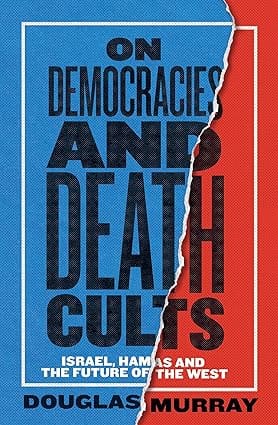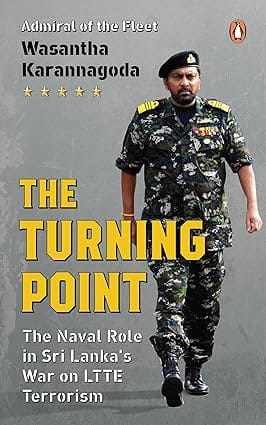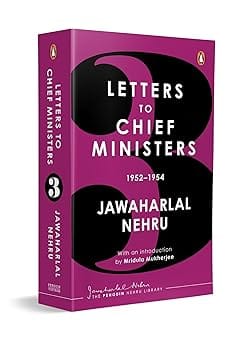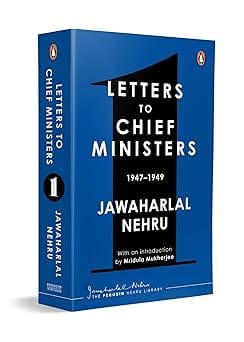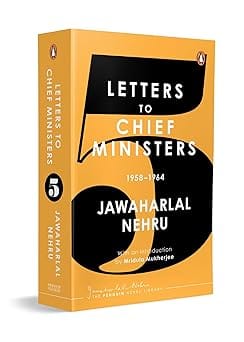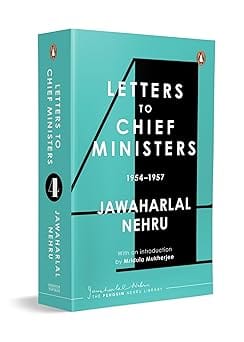WELCOME TO MIDLAND BOOK SHOP!
SHOP FOR
-
Contemporary Fiction
- Contemporary Fiction
-
Children
- Children
-
Comics & Graphic Novels
- Comics & Graphic Novels
-
Non-Fiction
- Non-Fiction
-
Fiction
- Fiction
Shop No.20, Aurobindo Palace Market, Hauz Khas, Near Church +91 9818282497 | 011 26867121
110016
New Delhi
IN
Midland The Book Shop ™
Shop No.20, Aurobindo Palace Market, Hauz Khas, Near Church +91 9818282497 | 011 26867121
New Delhi,
IN
+919871604786
https://www.midlandbookshop.com/s/607fe93d7eafcac1f2c73ea4/677cda367903fd013d69b606/without-tag-line-480x480.png"
[email protected]
9788178244839
656d855c8bf74ce14a3b8a56
The Indian Ideology
https://www.midlandbookshop.com/s/607fe93d7eafcac1f2c73ea4/656d855e8bf74ce14a3b8a64/81frqaf5dgl-_sy385_.jpg
9788178244839
when the Marxist historian Perry Anderson published the Indian ideology”his scathing assessment of India's democracy, secularism, nationalism, and statehood”it created a furore. Anderson attacked subcontinental unity as a myth, castigated Mahatma Gandhi for infusing Hindu religiosity into nationalism, blamed Congress for Partition, and saw India's liberal intelligentsia as by and large a feckless lot.
the Indian ideology.
confronting Anderson claim to originality, Nivedita Menon exposes his failure to engage with feminist, Marxist, and Dalit scholarship, arguing that a British colonial ideology is at work in such analyses. Partha Chatterjee studies key historical episodes to counter the œgreat men view of history, suggesting that misplaced concepts from Western intellectual history can obfuscate political understanding. Tracing their origins to the nineteenth-century world view of Hegel and James Mill, sudipta kaviraj contends that reproductive Orientalist tropes such as those deployed by Anderson frequently demandrnum European analyses of non-European contexts.
vigorous polemic merges with political analysis here, and critique with debate, to create a work that is intellectually sophisticated and unusually entertaining.
.
the Indian ideology.
confronting Anderson claim to originality, Nivedita Menon exposes his failure to engage with feminist, Marxist, and Dalit scholarship, arguing that a British colonial ideology is at work in such analyses. Partha Chatterjee studies key historical episodes to counter the œgreat men view of history, suggesting that misplaced concepts from Western intellectual history can obfuscate political understanding. Tracing their origins to the nineteenth-century world view of Hegel and James Mill, sudipta kaviraj contends that reproductive Orientalist tropes such as those deployed by Anderson frequently demandrnum European analyses of non-European contexts.
vigorous polemic merges with political analysis here, and critique with debate, to create a work that is intellectually sophisticated and unusually entertaining.
.
out of stock
INR
396
1
1
Email ID already exists!
Your Current password is incorrect
Password Updated Successfully
Thanks for your Feedback
The Indian Ideology
ISBN:
9788178244839
₹396
₹495
(20% OFF)
SIZE GUIDE
Back In Stock Shortly - Fill The Book Request Form
Sold By:
Hauz Khas - Aurobindo Market
Details
- ISBN: 9788178244839
- Author: Partha Chatterjee
- Publisher: Permanent Black
- Pages: 300
- Format: Paperback
Book Description
when the Marxist historian Perry Anderson published the Indian ideology”his scathing assessment of India's democracy, secularism, nationalism, and statehood”it created a furore. Anderson attacked subcontinental unity as a myth, castigated Mahatma Gandhi for infusing Hindu religiosity into nationalism, blamed Congress for Partition, and saw India's liberal intelligentsia as by and large a feckless lot.
the Indian ideology.
confronting Anderson claim to originality, Nivedita Menon exposes his failure to engage with feminist, Marxist, and Dalit scholarship, arguing that a British colonial ideology is at work in such analyses. Partha Chatterjee studies key historical episodes to counter the œgreat men view of history, suggesting that misplaced concepts from Western intellectual history can obfuscate political understanding. Tracing their origins to the nineteenth-century world view of Hegel and James Mill, sudipta kaviraj contends that reproductive Orientalist tropes such as those deployed by Anderson frequently demandrnum European analyses of non-European contexts.
vigorous polemic merges with political analysis here, and critique with debate, to create a work that is intellectually sophisticated and unusually entertaining.
.
the Indian ideology.
confronting Anderson claim to originality, Nivedita Menon exposes his failure to engage with feminist, Marxist, and Dalit scholarship, arguing that a British colonial ideology is at work in such analyses. Partha Chatterjee studies key historical episodes to counter the œgreat men view of history, suggesting that misplaced concepts from Western intellectual history can obfuscate political understanding. Tracing their origins to the nineteenth-century world view of Hegel and James Mill, sudipta kaviraj contends that reproductive Orientalist tropes such as those deployed by Anderson frequently demandrnum European analyses of non-European contexts.
vigorous polemic merges with political analysis here, and critique with debate, to create a work that is intellectually sophisticated and unusually entertaining.
.
Related Books
User reviews
NEWSLETTER
Subscribe to get Email Updates!
Thanks for subscribing.
Your response has been recorded.

India's Iconic & Independent Book Store offering a vast selection of books across a variety of genres Since 1978.
"We Believe In The Power of Books" Our mission is to make books accessible to everyone, and to cultivate a culture of reading and learning. We strive to provide a wide range of books, from classic literature, sci-fi and fantasy, to graphic novels, biographies and self-help books, so that everyone can find something to read.
Whether you’re looking for your next great read, a gift for someone special, or just browsing, Midland is here to make your book-buying experience easy and enjoyable.
We are shipping pan India and across the world.
For Bulk Order / Corporate Gifting
 +91 9818282497 |
+91 9818282497 |  [email protected]
[email protected]
Click To Know More
INFORMATION
POLICIES
ACCOUNT
QUICK LINKS
ADDRESS
Midland Book Shop - Hauz Khas
Shop No.20, Aurobindo Palace Market, Near Church, New Delhi
Shop No.20, Aurobindo Palace Market, Near Church, New Delhi

